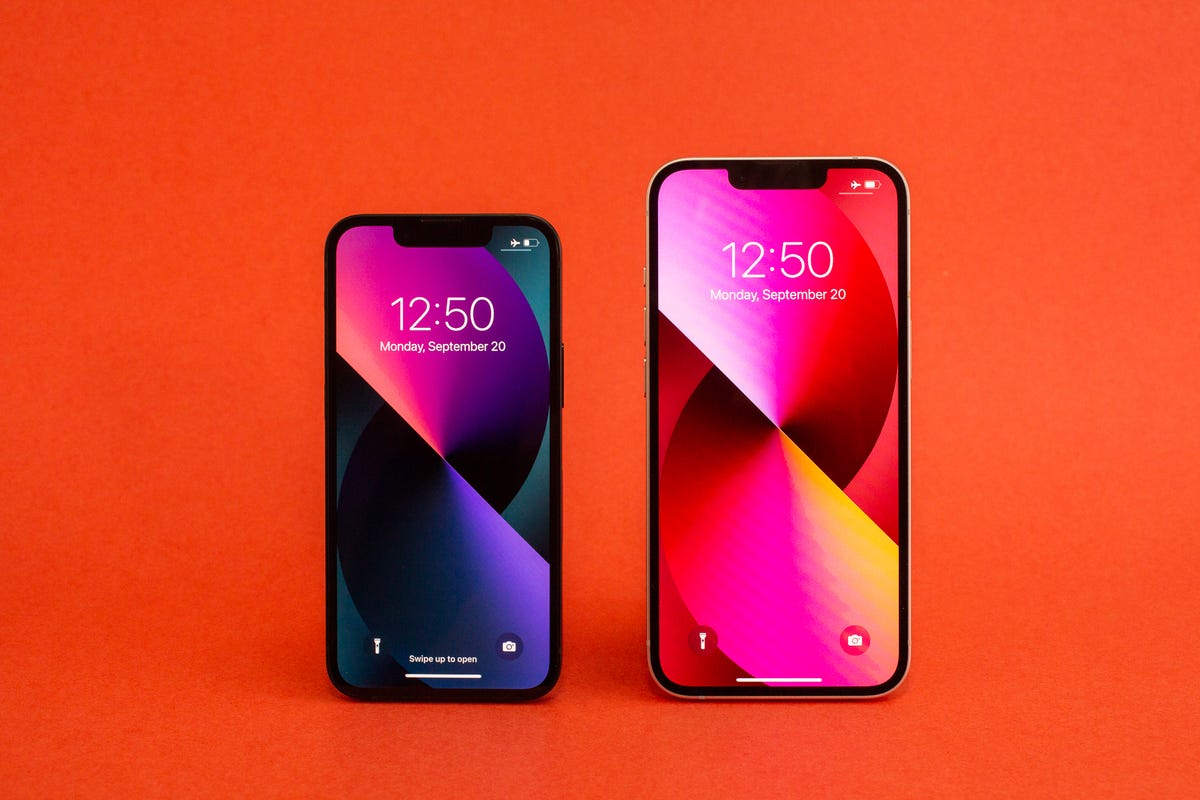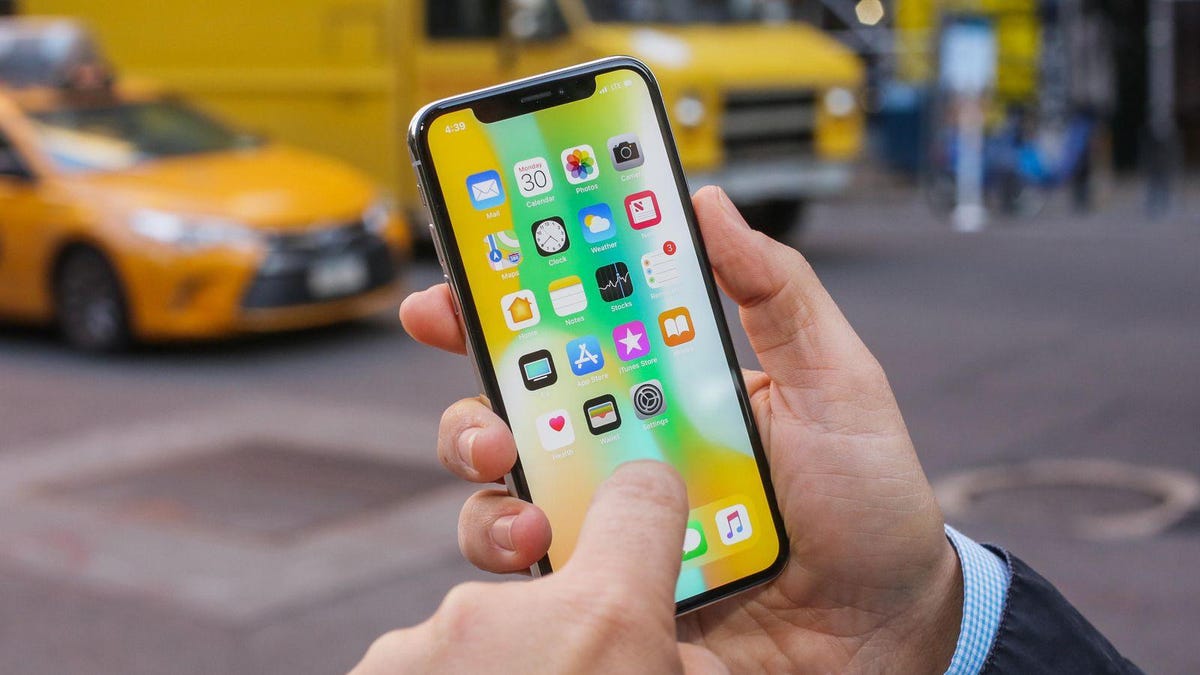The iPhone 16 Plus could be the last of its kind, if analyst predictions turn out to be correct.
Apple is reportedly planning to cut the larger-screened flavor of its standard iPhone from its lineup next year and will instead introduce a new ultra-thin premium iPhone said to be called the iPhone 17 Slim. That’s according to reports from two analysts known for their Apple predictions: TF International Securities’ Ming-Chi Kuo and Haitong International Securities’ Jeff Pu (as 9to5Mac reported).
If true, that would leave the iPhone Plus in the same boat as the iPhone Mini, which Apple introduced in 2020 with the iPhone 12 family and axed after the iPhone 13 Mini’s release in 2021.
It’s not uncommon for Apple to shake up its selection of iPhones every few years. From the original Plus-size iPhones that debuted with the iPhone 6 nearly a decade ago to the Mini, Max and Pro Max, the iPhone’s shape and size has certainly undergone its fair share of transformations in the past 10 years.
We probably won’t know what’s in store for the 2025 iPhone, likely to be called the iPhone 17, until next September. But should details from Kuo and Pu prove accurate, there are some sensible reasons why Apple might be looking to shift away from the iPhone Plus next year. The enlarged version of the standard iPhone may not be compelling enough to choose over the Pro, for example. Phones with large screens, once referred to as “phablets” (a portmanteau of phone and tablet) have been mainstream for about a decade, meaning big displays aren’t as exciting and novel as they once were.
Read more: After Using the Galaxy Z Fold 6, I’m Convinced It Needs This iPhone Feature

Watch this: iPhone 16: A New Button for the Biggest Upgrade Year Yet
The iPhone Plus isn’t a top seller, data suggests
According to Kuo, who has a solid track record of reporting on upcoming Apple products, the iPhone Plus accounts for only 5% to 10% of new iPhone shipments.
“It implies that the other three iPhone models (standard, Pro and Pro Max) already adequately cover the high-end market segments, making the Plus model redundant,” Kuo wrote in a report published to Medium in July.
There’s some evidence to suggest the iPhone Plus isn’t one of Apple’s top sellers. Figures from research firm Canalys posted to the company’s social media channels suggested that the iPhone 14 Pro Max and iPhone 15 Pro Max were among the top 10 phones shipped worldwide in 2023. The iPhone 14, iPhone 14 Pro, iPhone 15 Pro, iPhone 15 and even the nearly 3-year-old iPhone 13 made the list, but none of the Plus models ranked.
Omdia, which also publishes research on the tech industry, found that the iPhone 14 Pro Max, iPhone 14 Pro, iPhone 14, iPhone 13 and iPhone 11 were among the top phones shipped in the first half of 2023. The iPhone 14 Plus didn’t make the cut.
“Everyone had high expectations,” Le Xuan Chiew, a mobility research analyst for Canalys, said in reference to the iPhone 14 Plus. “Consumers generally prefer a larger screen.”
The iPhone Mini was in a similar situation back in 2021, according to reports at the time. The iPhone 12 Mini is said to have accounted for only 5% of new iPhone sales in the first half of January 2021, says data from Counterpoint Research reported by Reuters. Apple subsequently slashed production for the smaller model, Nikkei Asian Review reported in March 2021, before ultimately deciding to cut it from lineup following the launch of the iPhone 13 Mini.

The iPhone 13 Mini (left) is a smaller version of the iPhone 13 (right).
The iPhone Plus’ problem is that the $100 price difference between it and the $1,000 iPhone Pro isn’t significant enough to compel consumers, said Chiew and Josh Lowitz, an analyst with Consumer Intelligence Research Partners. Shoppers would rather spend the extra $100 to get the benefits that come with the Pro, such as a more sophisticated camera and now the upcoming suite of new Apple Intelligence software features. That’s especially true now that consumers are holding onto their phones for longer periods of time, Lowitz said.
“The benefits of the Pro kind of outweigh the benefits of the Plus,” he said.
The iPhone 14 Plus and 15 Plus also launched at a time when big-screen phones weren’t as fascinating as they once were. In the early 2010s, phones like those in Samsung’s Galaxy Note series stood out for their spacious displays. The original Galaxy Note had a 5.3-inch screen, which was considered massive alongside other phones of that era such as the 4-inch iPhone 5 and 4.8-inch Galaxy S3. It helped kick-start an industry-wide shift toward bigger phones, with consulting firm Accenture reporting in 2014 that nearly half of consumers who planned to buy a smartphone that year preferred a phablet.

The iPhone 14 (left) and iPhone 14 Plus (right) launched in 2022.
Beyond that, the way people purchase phones has also changed over the last decade, which could influence which device they choose. For those buying a new iPhone on a monthly payment plan through their carrier after trading in their old phone, the price gap between the iPhone 15 Plus and iPhone 15 Pro comes down to only a few dollars per month, as Lowitz points out, adding that most people upgrade out of necessity rather than a desire for specific new technologies.
What the iPhone 17 Slim could bring to the iPhone lineup
With the iPhone Plus and iPhone Mini reportedly struggling to gain traction, it begs the question of whether the iPhone 17 Slim could face the same obstacles. There’s a case to be made either way.
A significantly slimmer iPhone that feels noticeably different from Apple’s other offerings could spark interest among shoppers looking for a phone that truly feels new and different. In the absence of a foldable phone, the iPhone 17 Slim could be just what Apple needs to get consumers excited about the iPhone’s design again.
Look to the iPhone X as a precedent. Despite its higher price compared with the iPhone 8 and iPhone 8 Plus, the iPhone X managed to become the best-selling smartphone in the first quarter of 2018 following its late 2017 release.
The iPhone 17 Slim could follow a similar path in terms of how Apple reportedly plans to position the device. It isn’t expected to be a replacement for the iPhone Plus but an entirely new offering, according to Kuo. That sounds a lot like the iPhone X, which debuted with an new all-screen design that set the stage for future iPhones.

The iPhone X set the stage for future iPhone models.
That catch, however, is that the iPhone 17 Slim could compromise in some key areas compared with Apple’s other phones, according to Kuo. The analyst reports that Apple’s sleek new device will have only one rear camera, straying from the triple-camera setup that’s been a staple of Apple’s premium phones for years.
Chiew believes Apple may have to do more to convince consumers.
“[If] there’s no difference except for the slightly slimmer version, I personally don’t think that there would be any differentiation from the performance of the iPhone 14 Plus and the Mini,” he said.
There’s no telling what’s in store for Apple’s future iPhone lineup just yet. But multiple reports — including those from The Information, Bloomberg and analysts Jeff Pu and Ross Young — indicate that Apple could indeed introduce a thinner new iPhone next year.
If true, it would indicate that perhaps design is the biggest area Apple sees as being ripe for change in the next generation of the iPhone, following in the footsteps of the latest iPad Pros. It would perhaps suggest Apple believes consumers view sleeker hardware as being more innovative than a bigger screen that fits in your pocket.


















+ There are no comments
Add yours